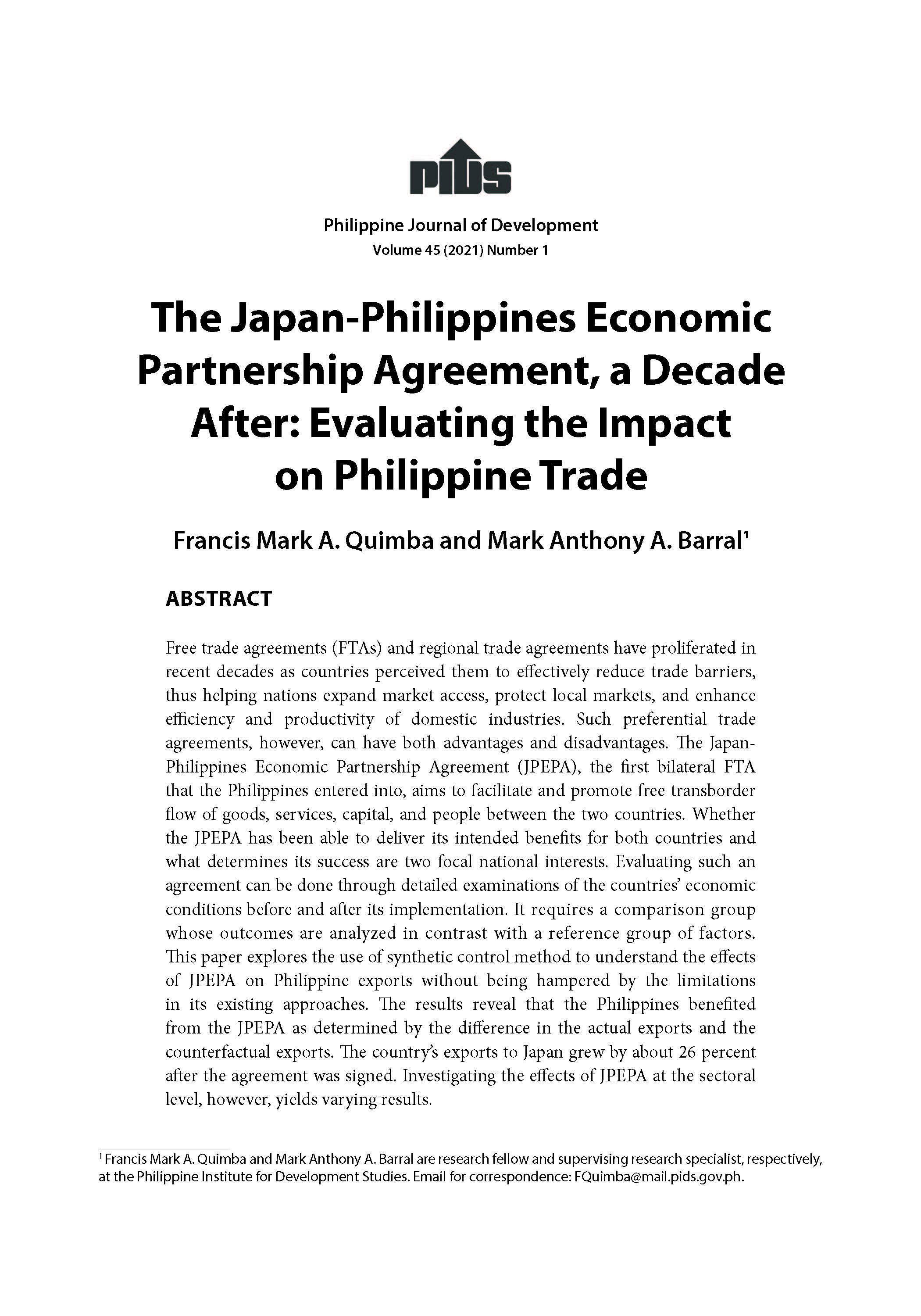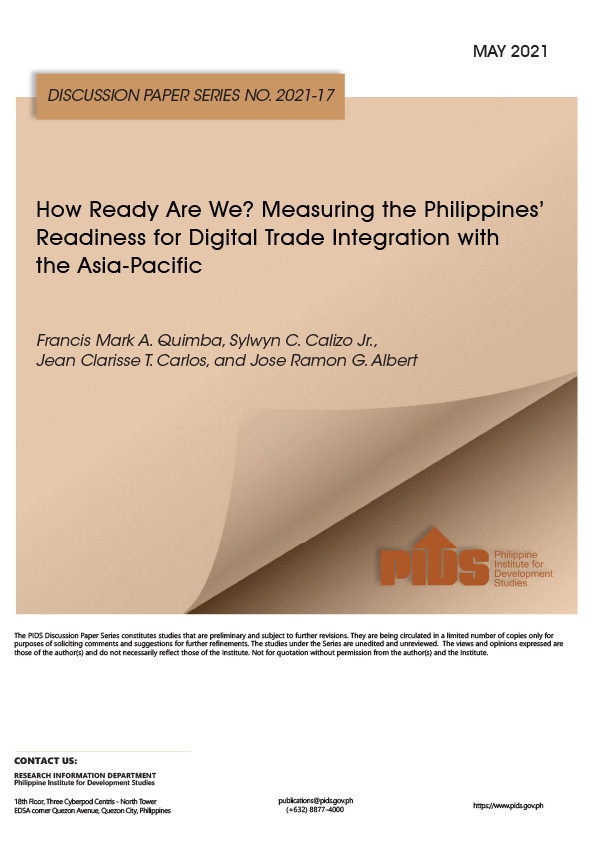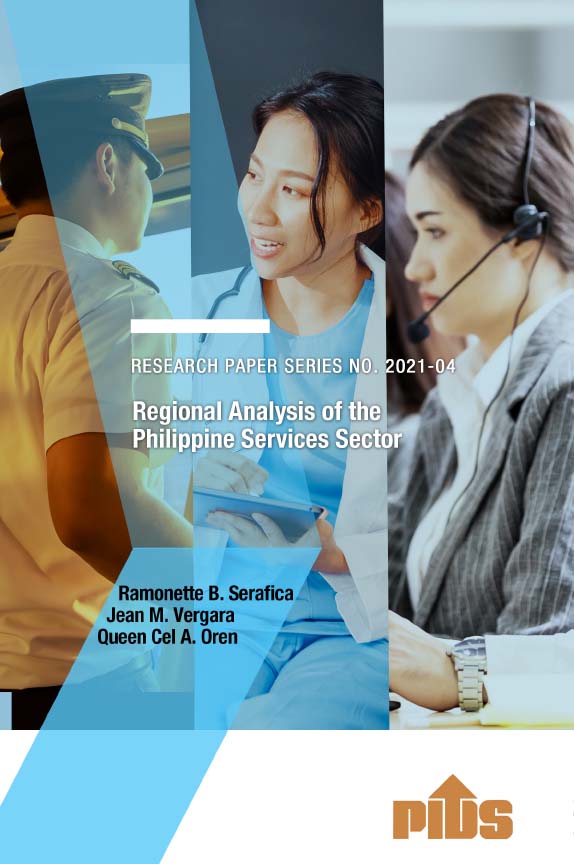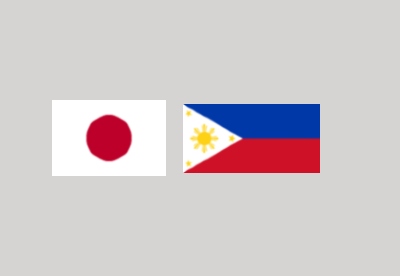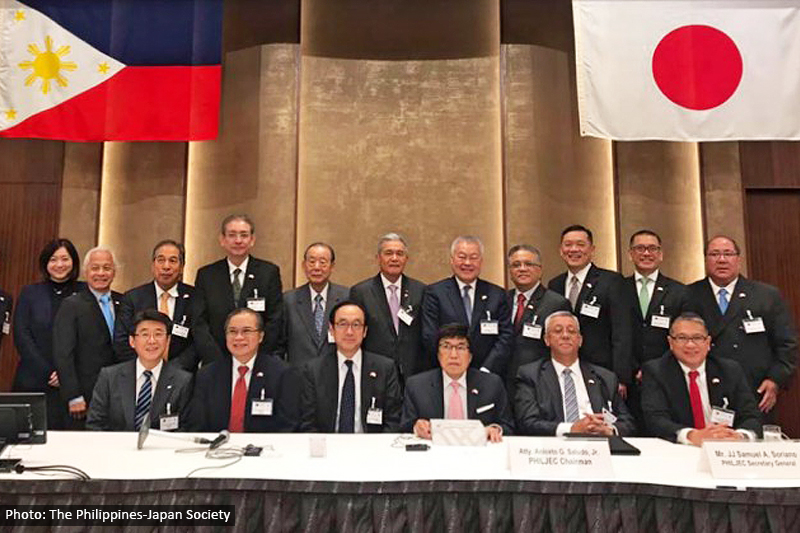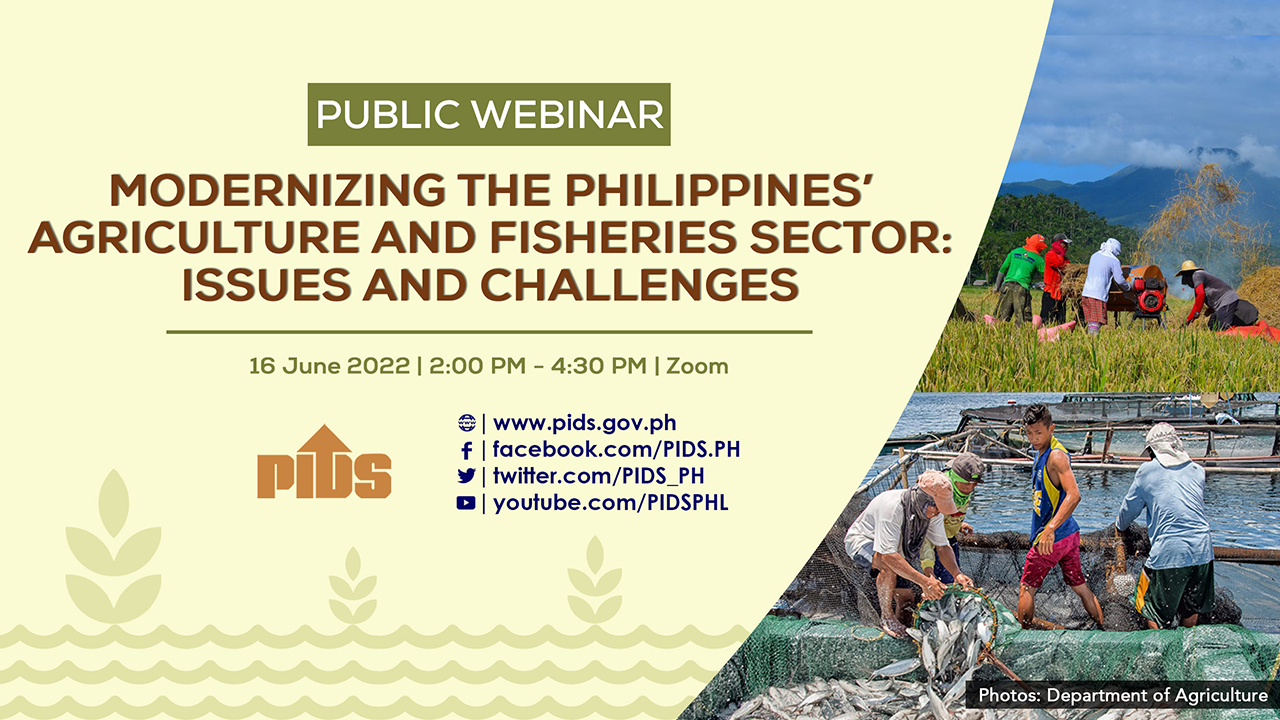The domestic tuna industry needs to be unburdened of unnecessary regulations to unlock its potential for job creation and output growth, the Philippine Institute for Development Studies (PIDS) said.
In a discussion paper titled “Reducing Unnecessary Regulatory Burden: The Philippine Tuna Industry,” the state-run policy research institute said regulatory mapping conducted on the industry showed there is a need to improve the regulatory framework for the tuna industry, especially the procedures pertaining to registration and licensing of vessels, product registration, as well as duplication of inspections by regulating government agencies.
The Philippines is one of the world’s top tuna producers with six species caught in commercial quantity in Philippine waters: yellowfin, skipjack, eastern little tuna, frigate tuna, bigeye and bullet tuna.
Tuna are caught in both domestic and international fishing grounds by both commercial and municipal fishing vessels. The catch is stored, traded and graded in private, traditional or government-owned fish landing centers. Most of the catch land in the General Santos Fish Port Complex (GSFPC), an internationally recognized and accredited port by the European Union, Japan and the US.
Upon landing, the catch is processed into cubes, tuna loins, sashimi, pellets, or steak, which are kept fresh or frozen, or maintained as fresh or frozen whole tuna.
These are exported to Japan, the US, the European Union and other countries either via air or water transport.
Tuna canning, on the other hand, is a higher-value added processing of tuna compared to simple chilling or freezing of the catch. There are currently seven tuna canneries operating in the Philippines, one in Zamboanga and the rest in Gen. Santos City.
PIDS said “inefficient and ineffective regulations” affect businesses involved in the value chain of the tuna industry.
In terms of starting a business, tuna fishers, processors and canners grapple with inconsistent requirements and procedures in local government units (LGUs) where they are set to operate. On top of dealing with LGUs, industry players also have to register with various national government offices such as the Social Security System, PhilHealth, Bureau of Internal Revenue and others which also have their own set of requirements and processes.
There is also no central government agency that handles the registration and licensing of fishing vessels, making complying with requirements difficult for vessel owners.
The assigned regional offices of some of these government agencies may not be situated in the region they are supposed to serve.
All of the government offices involved in the registration and licensing process impose fees corresponding to the size of the ship. These factors, said PIDS, lead to high transaction costs for industry players.
Lack of official signatories in the regional offices of the Bureau of Fisheries and Aquatic Resources (BFAR) also contribute to the delay in obtaining Hazard Analysis Critical Control Points (HACCP) certification for tuna exports. Without these certificates, importing countries will reject Philippine tuna export products.
Another concern is the issuance of an export commodity clearance (ECC) to frozen tuna exporters. Prior to actual exportation of the tuna products, exporters either have to go to the BFAR central or regional office for the ECC signatures and for some, getting those signatures prove to be difficult because signatories cannot always be found in their offices.
These are just among the myriad of cumbersome regulations noted by the study pertaining to the industry.
The think tank said conflicts experienced by industry players in the above-mentioned processes are largely caused by inadequate staffing on the side of the regulator, lack of proper and effective consultation between regulators and regulated entities, inadequate understanding of regulatory intent and inconsistent application of regulations.
Existing or current regulations need to be reviewed and assessed whether they are necessary or burdensome,” said PIDS. “In addition, there is also a great need to streamline the regulatory processes and procedures among all local government units.&rdquo
Regulatory agencies which have major roles in the industry are the following: Bureau of Fisheries and Aquatic Resources, Food and Drug Administration, Department of Interior and Local Government, local government units, Maritime Industry Authority, Department of Agriculture, and Bureau of Customs.
PIDS said these agencies must “level up” their performance by addressing the challenges that hinder them from enforcing regulations effectively.
The DILG also has to be more effective in local policy coordination and in ensuring that LGUs really work on reducing the burden of local regulations, the think tank said.
The strong participation of the business firms during the informed regulatory conversation signals the interest in having a more formal but practical mechanism to enable them to engage with the regulators and resolve regulatory issues and challenges affecting the industry,” it added.
In a discussion paper titled “Reducing Unnecessary Regulatory Burden: The Philippine Tuna Industry,” the state-run policy research institute said regulatory mapping conducted on the industry showed there is a need to improve the regulatory framework for the tuna industry, especially the procedures pertaining to registration and licensing of vessels, product registration, as well as duplication of inspections by regulating government agencies.
The Philippines is one of the world’s top tuna producers with six species caught in commercial quantity in Philippine waters: yellowfin, skipjack, eastern little tuna, frigate tuna, bigeye and bullet tuna.
Tuna are caught in both domestic and international fishing grounds by both commercial and municipal fishing vessels. The catch is stored, traded and graded in private, traditional or government-owned fish landing centers. Most of the catch land in the General Santos Fish Port Complex (GSFPC), an internationally recognized and accredited port by the European Union, Japan and the US.
Upon landing, the catch is processed into cubes, tuna loins, sashimi, pellets, or steak, which are kept fresh or frozen, or maintained as fresh or frozen whole tuna.
These are exported to Japan, the US, the European Union and other countries either via air or water transport.
Tuna canning, on the other hand, is a higher-value added processing of tuna compared to simple chilling or freezing of the catch. There are currently seven tuna canneries operating in the Philippines, one in Zamboanga and the rest in Gen. Santos City.
PIDS said “inefficient and ineffective regulations” affect businesses involved in the value chain of the tuna industry.
In terms of starting a business, tuna fishers, processors and canners grapple with inconsistent requirements and procedures in local government units (LGUs) where they are set to operate. On top of dealing with LGUs, industry players also have to register with various national government offices such as the Social Security System, PhilHealth, Bureau of Internal Revenue and others which also have their own set of requirements and processes.
There is also no central government agency that handles the registration and licensing of fishing vessels, making complying with requirements difficult for vessel owners.
The assigned regional offices of some of these government agencies may not be situated in the region they are supposed to serve.
All of the government offices involved in the registration and licensing process impose fees corresponding to the size of the ship. These factors, said PIDS, lead to high transaction costs for industry players.
Lack of official signatories in the regional offices of the Bureau of Fisheries and Aquatic Resources (BFAR) also contribute to the delay in obtaining Hazard Analysis Critical Control Points (HACCP) certification for tuna exports. Without these certificates, importing countries will reject Philippine tuna export products.
Another concern is the issuance of an export commodity clearance (ECC) to frozen tuna exporters. Prior to actual exportation of the tuna products, exporters either have to go to the BFAR central or regional office for the ECC signatures and for some, getting those signatures prove to be difficult because signatories cannot always be found in their offices.
These are just among the myriad of cumbersome regulations noted by the study pertaining to the industry.
The think tank said conflicts experienced by industry players in the above-mentioned processes are largely caused by inadequate staffing on the side of the regulator, lack of proper and effective consultation between regulators and regulated entities, inadequate understanding of regulatory intent and inconsistent application of regulations.
Existing or current regulations need to be reviewed and assessed whether they are necessary or burdensome,” said PIDS. “In addition, there is also a great need to streamline the regulatory processes and procedures among all local government units.&rdquo
Regulatory agencies which have major roles in the industry are the following: Bureau of Fisheries and Aquatic Resources, Food and Drug Administration, Department of Interior and Local Government, local government units, Maritime Industry Authority, Department of Agriculture, and Bureau of Customs.
PIDS said these agencies must “level up” their performance by addressing the challenges that hinder them from enforcing regulations effectively.
The DILG also has to be more effective in local policy coordination and in ensuring that LGUs really work on reducing the burden of local regulations, the think tank said.
The strong participation of the business firms during the informed regulatory conversation signals the interest in having a more formal but practical mechanism to enable them to engage with the regulators and resolve regulatory issues and challenges affecting the industry,” it added.

